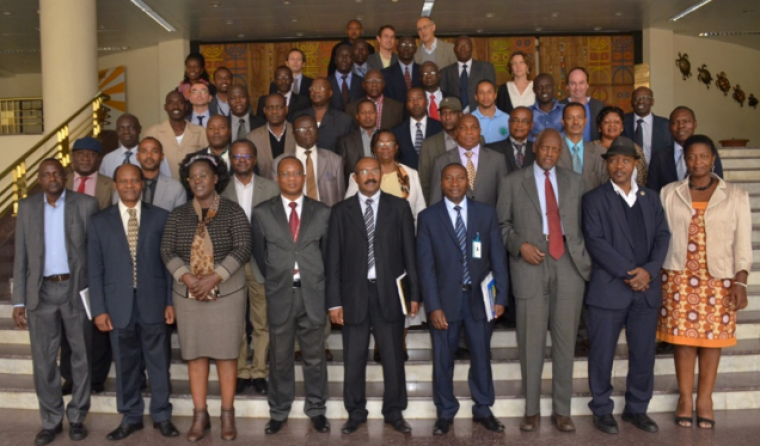Topic Resources
July 13, 2018
July 13, 2018
September 06, 2017
September 04, 2017
February 10, 2022
Agenda 2063 is Africa’s development blueprint to achieve inclusive and sustainable socio-economic development over a 50-year period.
September 13, 2024
September 10, 2024
September 05, 2024
September 04, 2024




